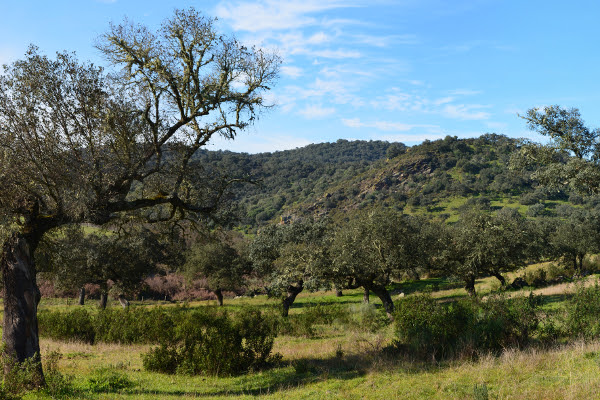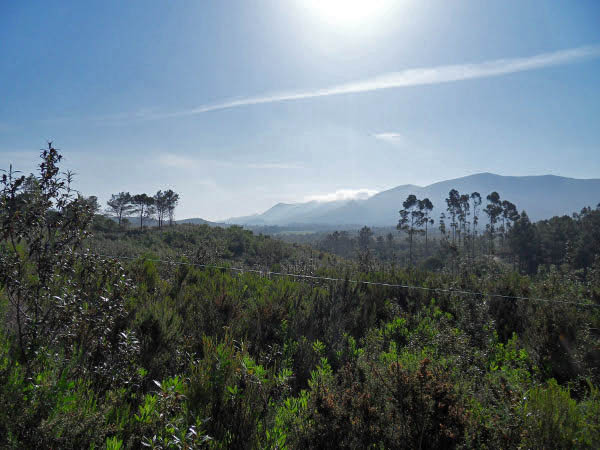
The ecosystems of the Mediterranean Basin are at risk from climate change and air pollution. The alert is a European team of researchers, which says it is urgent to establish more robust and large-scale monitoring networks in this region.
The consequences of climate change and air pollution cannot be dissociated, as they interact and aggravate each other. The researchers stress the need for further studies and a joint approach to environmental preservation policies.
A team of more than thirty European researchers warns that the Mediterranean Basin, one of the regions with the greatest biodiversity in the world, is at risk as it is also one of the most vulnerable to air pollution and climate change.
The alert follows a review of several results obtained in Portugal (Parque do Alambre, Azeitão; Herdade da Coitadinha, Barrancos; Companhia das Lezírias, Samora Correia), France, Italy and Spain, to identify current and potential impacts of air pollution, climate change and their interactions in natural and semi-natural ecosystems.
“The consequences of pollution and climate change cannot be dissociated, but this interaction is still not taken into account in the development of new environmental preservation policies.”, explains Silvana Munzi, co-first author of the study and researcher at the cE3c – Center of Ecology, Evolution and Environmental Change.

“Atmospheric pollution in the Mediterranean Basin occurs mainly in the form of particles, nitrogen deposition and ground-level ozone, which originate from industrial activities, construction, vehicle emissions and agricultural practices. In the European context, this pollution is exacerbated by the more frequent droughts and the typical stability of air masses in the region, with important consequences for human health and ecosystems. Unfortunately, the effects of this interaction on the structure and function of Mediterranean ecosystems have not yet been adequately quantified and, therefore, its consequences are poorly understood”.
The alert comes from CAPERmed (Committee for Research on the Effects of Atmospheric Pollution on Mediterranean Ecosystems). This is a working group of specialists in Mediterranean ecosystems that met for the first time in 2014 at the Faculty of Sciences of the University of Lisbon. Since then, it has been working with the aim of creating a common working platform to coordinate studies on air pollution and its interactions with climate change in the Mediterranean Basin.
Although there are several research groups dedicated to the study of Mediterranean ecosystems, research is hampered by the low spatial resolution of emissions data in this region compared to other parts of Europe.
“The urgency of implementing common experimental platforms and coordinated research networks in the Mediterranean Region is evident, together with broader and more representative environmental monitoring networks. We intend for CAPERmed to be a catalyst for this to happen, bringing together the scientific community focused on Mediterranean ecosystems in this effort”, concludes Silvana Munzi.

Article reference:
Ochoa-Hueso R., Munzi S., Alonso R., et al. 2017. Ecological impacts of atmospheric pollution and interactions with climate change in terrestrial ecosystems of the Mediterranean Basin: Current research and future directions. Environmental Pollution 227: 194-206. https://doi.org/10.1016/j.envpol.2017.04.062
Author CE3c Communication Office – Center for Ecology, Evolution and Environmental Change
Science in the Regional Press – Ciência Viva


















Comments